BEIRUT: At least eight people were killed and 2,750 others including Hezbollah fighters, medics and Iran’s envoy to Beirut were wounded on Tuesday when the pagers they use to communicate exploded across Lebanon, security sources and the Lebanese health minister said.
Lebanon’s information minister Ziad Makary said the government condemned the detonation of the pagers as an “Israeli aggression”. Hezbollah also blamed Israel for the pager blasts and said it would receive “its fair punishment”.
The Israeli military declined to comment on Reuters enquiries about the detonations.
A Hezbollah official, speaking on condition of anonymity, said the detonation of the pagers was the “biggest security breach” the group had been subjected to in nearly a year of conflict with Israel.
Israel and the Iran-backed Hezbollah have been engaged in cross-border warfare since the Gaza war erupted last October, in the worst such escalation in years.
Israel widens focus of war to include Lebanon front
Hezbollah confirmed in a statement the deaths of at least three people, including two of its fighters. The third person killed was a girl, it said, adding that an investigation was being conducted into the causes of the blasts.
Hezbollah chief Sayyed Hassan Nasrallah was not hurt in the explosions, the group said.
The wave of explosions lasted around an hour after the initial detonations, which took place about 3:45 p.m. local time (1345 GMT). It was not immediately clear how the devices were detonated.
The Lebanese foreign ministry described the explosions as a “dangerous and deliberate Israeli escalation” which it said had been “accompanied by Israeli threats to expand the war towards Lebanon on a large scale”.
Lebanese internal security forces said a number of wireless communication devices were detonated across Lebanon, especially in Beirut’s southern suburbs, a Hezbollah stronghold.
Israel widens focus of war to include Lebanon front
The pagers that detonated were the latest model brought in by Hezbollah in recent months, three security sources said.
Many injured
Lebanese Health Minister Firass Abiad said 2,750 people had been wounded in the explosions, 200 of them critically.
Many of those hurt included Hezbollah fighters who are the sons of top officials from the armed group, two security sources told Reuters.
One of the fighters killed was the son of a Hezbollah member of the Lebanese parliament, Ali Ammar, they said.
Iran’s ambassador to Lebanon, Mojtaba Amani, suffered a “superficial injury” in a pager explosion and is currently under observation in hospital, Iran’s semi-official Fars news agency said. Reuters could not immediately confirm the report.
There was no word from the Israeli government on the explosions.
Israeli minister says time running out for diplomatic solution with Hezbollah in Lebanon
Earlier on Tuesday, Israel’s domestic security agency said it had foiled a plot by Lebanese group Hezbollah to assassinate a former senior defence official in the coming days.
The Shin Bet agency, which did not name the official, said in a statement it had seized an explosive device attached to a remote detonation system, using a mobile phone and a camera that Hezbollah had planned to operate from Lebanon.
Shin Bet said the attempted attack was similar to a Hezbollah plot foiled in Tel Aviv a year ago, without giving further details.
Hezbollah has said it wants to avoid all-out conflict with Israel but that only an end to the Gaza war will stop the cross-border clashes. Gaza ceasefire efforts remain deadlocked after months of talks mediated by Qatar, Egypt and the United States.
Screaming in pain
After Tuesday’s blasts, a Reuters journalist saw ambulances rushing through the southern suburbs of the capital Beirut, a Hezbollah stronghold, amid widespread panic. A security source said that devices were also exploding in the south of Lebanon.
At Mt. Lebanon hospital, a Reuters reporter saw motorcycles rushing to the emergency room, where people with their hands bloodied were screaming in pain.
The head of the Nabatieh public hospital in the south of the country, Hassan Wazni, told Reuters that around 40 wounded people were being treated at his facility. The wounds included injuries to the face, eyes and limbs.
Groups of people huddled at the entrance of buildings to check on people they knew who may have been wounded, the Reuters journalist said.
Regional broadcasters carrying CCTV footage which showed what appeared to be a small handheld device placed next to a grocery store cashier where an individual was paying spontaneously exploding.
In other footage, an explosion appeared to knock out someone standing at a fruit stand at a market area.
Lebanon’s crisis operations center, which is run by the health ministry, asked all medical workers to head to their respective hospitals to help cope with the massive numbers of wounded coming in for urgent care. It said health care workers should not use pagers.
The Lebanese Red Cross said more than 50 ambulances and 300 emergency medical staff were dispatched to help in the evacuation of victims.
Hezbollah fired missiles immediately after the October 7 attacks that triggered Israeli aggression in Gaza. Hezbollah and Israel have been exchanging fire constantly ever since, while avoiding a major escalation.
Tens of thousands of people have been displaced from towns and villages on both sides of the border by the hostilities.
On Tuesday, Israel added the safe return of its citizens forced to leave their homes near the border with Lebanon to its formal war goals.



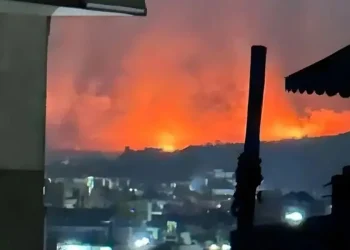
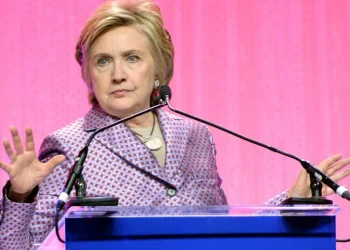
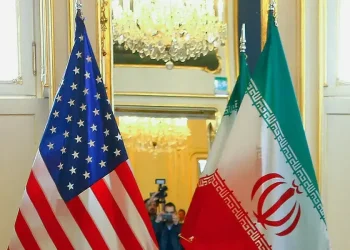

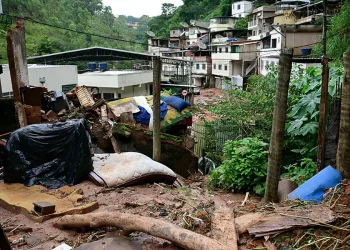
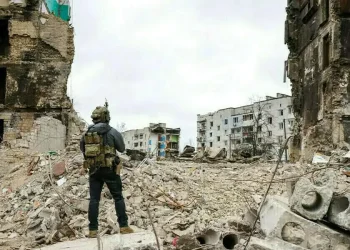

 American Dollar Exchange Rate
American Dollar Exchange Rate